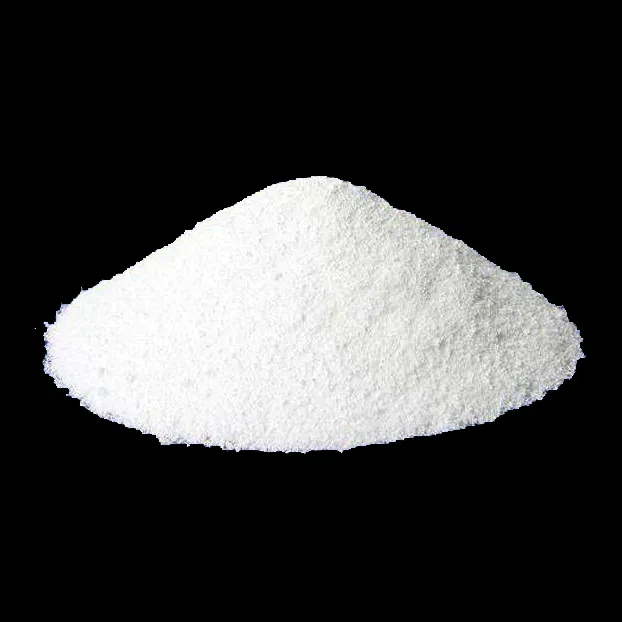Sodium Pyrophosphate’s Role and Precautions in Food
TSP Overview
Sodium Pyrophosphate is a common food additive found in various foods. However, individuals with allergies should exercise caution when consuming it.
Function and Benefits
Anti-Corrosion Preservation: Sodium Pyrophosphate helps extend the shelf life of food by providing anticorrosion and preservation effects.
Taste Enhancement: It improves the taste of food, making it more delicious.
Antioxidant: It slows down the oxidation and deterioration of food, helping to maintain its freshness and quality.
Precautions for Patients
Allergic Reaction: If you are allergic to trisodium phosphate, avoid foods containing this additive to prevent symptoms such as skin itching and redness.
Seek Medical Attention: If allergic symptoms occur, seek medical treatment promptly for professional advice.
Suggestions for Daily Life
Balanced Diet: Maintain a balanced diet with rich nutrients and avoid overly spicy and irritating foods.
Adequate Rest: Ensure sufficient sleep to improve immunity and overall health.
Regular Check-Ups: Conduct regular health examinations to monitor and maintain good health.
Sodium Pyrophosphate in Food
Multifunctional Application of White Powder:
Food-grade trisodium phosphate is a white powder used as a stabilizer and buffer in food processing. Adding it to products like soy sauce and juice can improve their color and brightness.
Superior Chelating Metal Ions Effect:
Sodium Pyrophosphate enhances product quality and can be used as a melting agent and emulsifier for cheese. It is also used in soy sauce and other products to prevent browning and improve color.
Food Grade vs. Industrial Level
Food-grade trisodium phosphate, such as products supplied by Goway Chemical, comes with food additive production permits, ensuring safety and reliability for wide use in food processing.
Conclusion
Sodium Pyrophosphate plays a vital role in food preservation, taste enhancement, and oxidation prevention. However, it is important for individuals with allergies to exercise caution. Maintaining a balanced diet, ensuring adequate rest, and conducting regular health check-ups are essential for overall well-being. Food-grade trisodium phosphate offers safety and reliability, making it a valuable additive in food processing.
FAQ
Q: What is the main function of Sodium Pyrophosphate in food? A: Sodium Pyrophosphate acts as a preservative, taste enhancer, and antioxidant in food products.
Q: Are there any precautions for individuals with allergies regarding trisodium phosphate? A: Yes, individuals allergic to trisodium phosphate should avoid foods containing it to prevent allergic reactions like skin itching and redness.
Q: How can Sodium Pyrophosphate improve food products? A: It enhances color and brightness, acts as a stabilizer and buffer, and prevents browning in products like soy sauce and juice.
Q: What is the difference between food-grade and industrial-grade Sodium Pyrophosphate? A: Food-grade trisodium phosphate is certified for safety and reliability in food processing, unlike industrial-grade, which is used for non-food applications.
Q: What daily habits can help manage potential allergies to food additives like trisodium phosphate? A: Maintaining a balanced diet, ensuring adequate rest, and having regular health check-ups can help manage potential allergies.

